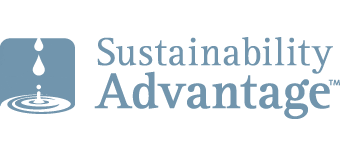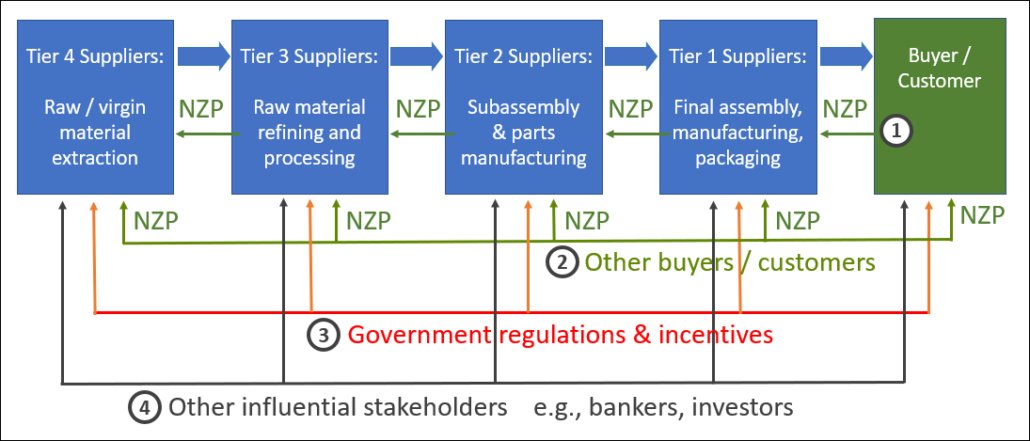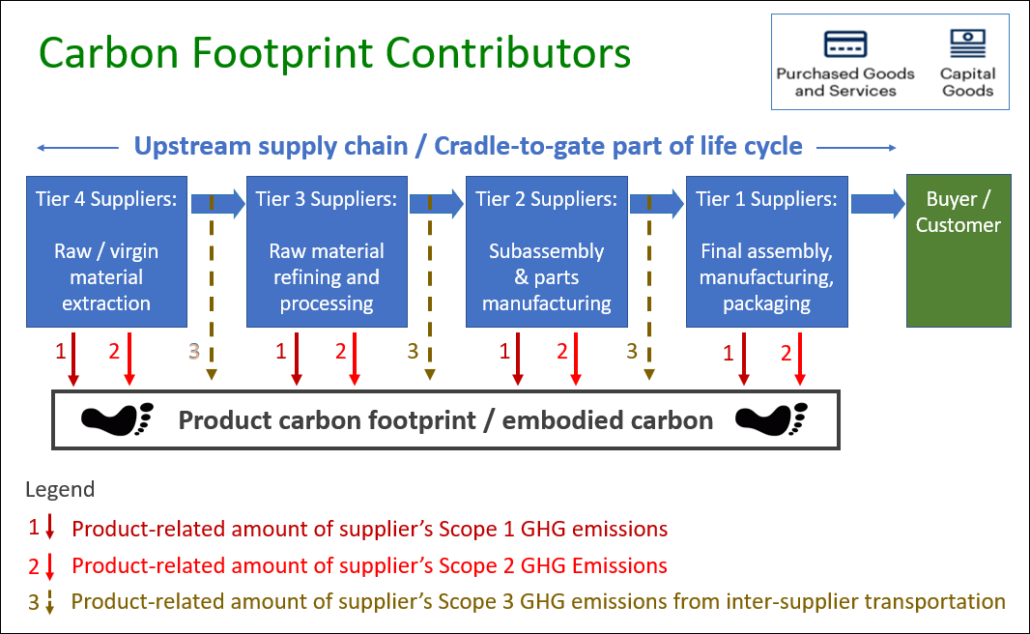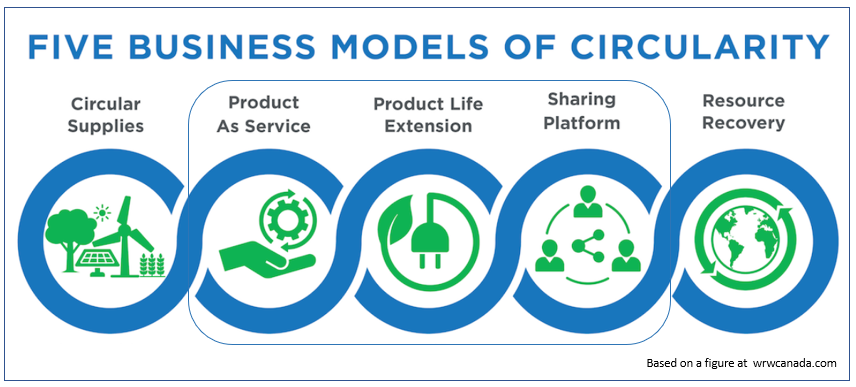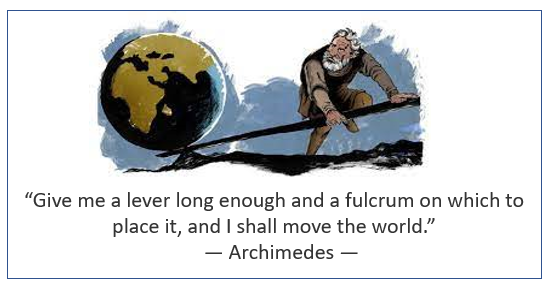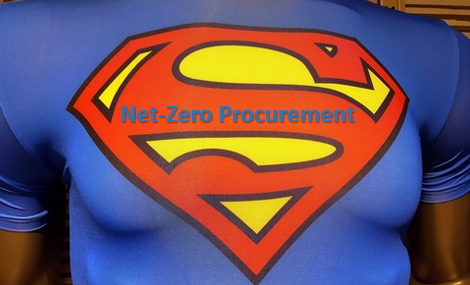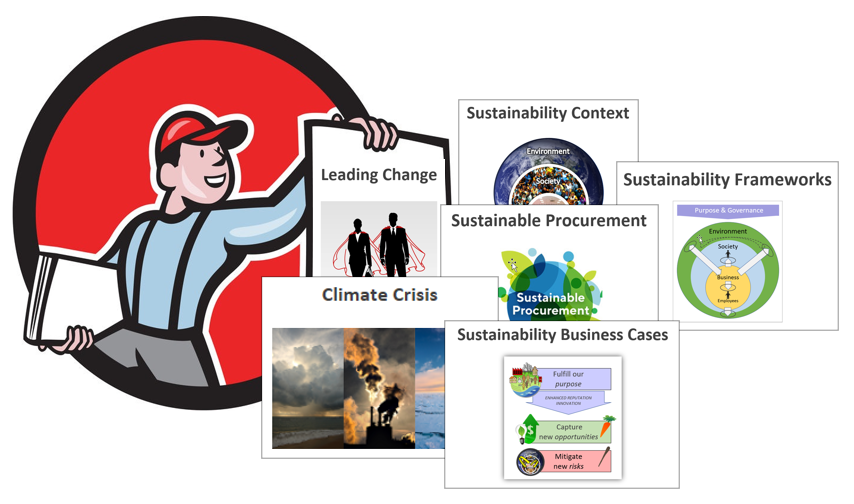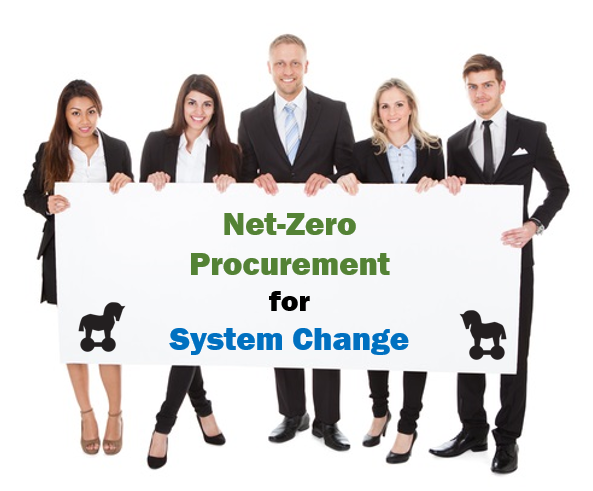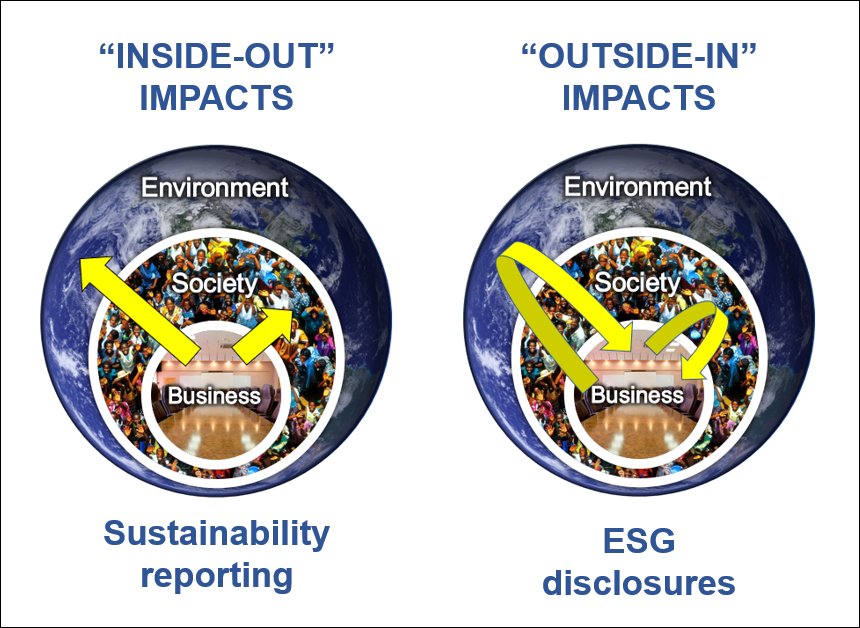Decoding Sustainable Procurement and Its 4 Starter Subsets
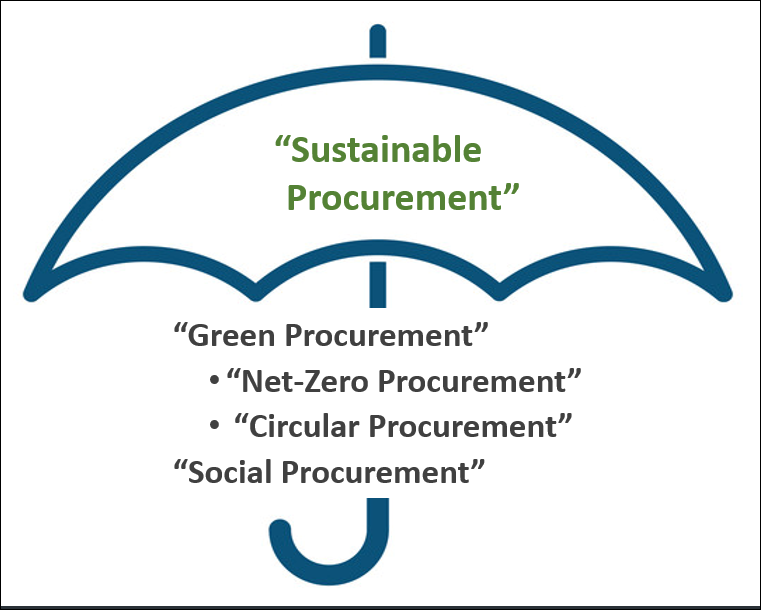
Occasionally, you may find yourself in confusing, even confrontational, conversations about various incarnations of sustainable procurement. Advocates for Sustainable Procurement, Social Procurement, Green Procurement, Net-Zero Procurement and Circular Procurement sometimes appear to be competing with each other. That’s not helpful. We need all of them. To promote collaboration rather than contention, we need to decode Sustainable Procurement and its four starter subsets, and show how they complement each other.
